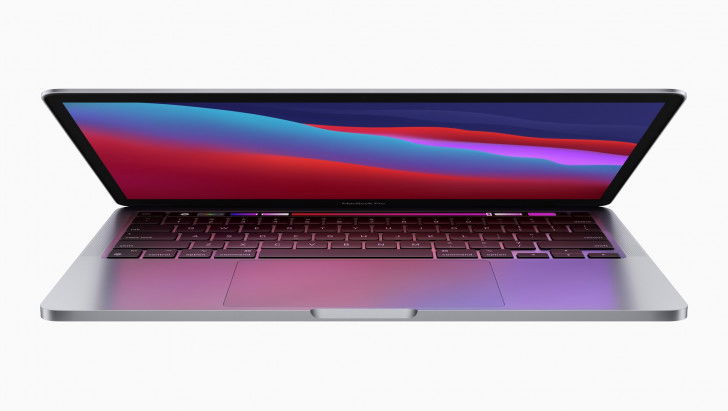Technology
Apple hit with lawsuit for 'defective' M1 MacBook screens

San Francisco, Sep 16 : Tech giant Apple has been hit with a class-action lawsuit claiming that M1 MacBook models shipped with a concealed defect causing their screens to become easily cracked.
The lawsuit, filed on Tuesday in the US District Court for the Northern District of California, follows an investigation into easily cracked MacBook screens by law firm Migliaccio & Rathod.
The lawsuit has accused Apple of violating various warranty, consumer protection and false advertising laws, reports AppleInsider.
According to the complaint, users have reported MacBook displays becoming obscured by dead spots. It also claims that M1 MacBook models are vulnerable to cracks in their screens.
"These problems often develop while the Class Laptops are closed; many Class Laptop owners have reported that they first observed cracking and/or display malfunction when opening their devices from a closed position. Others report that their screens cracked as they adjusted the screen's viewing angle in an ordinary manner," the lawsuit reads.
"A reasonable consumer would not expect such activity to damage their device, let alone cause an obscured display and/or a screen crack that impairs its functionality," it added.
The lawsuit claims that Apple concealed, failed to disclose, or carried out deceptive marketing practices to cover up the defect, the report said.
For example, it contends that Apple touted the durability of the notebooks while "actively" hiding the defect from consumers' view, it added.
Reports of easily cracked screens among M1 MacBook owners first started to surface earlier in 2021.
Many users reported screen cracks or damage occurring randomly "for no apparent reason." It isn't clear how widespread the issue is, though users have reported it on 13-inch MacBook Pro and MacBook Air models.
In at least one case, a consumer said that they were advised by Apple specialists that the damage -- "contact point crack" -- would not fall under Apple's standard warranty, as per the report.



































